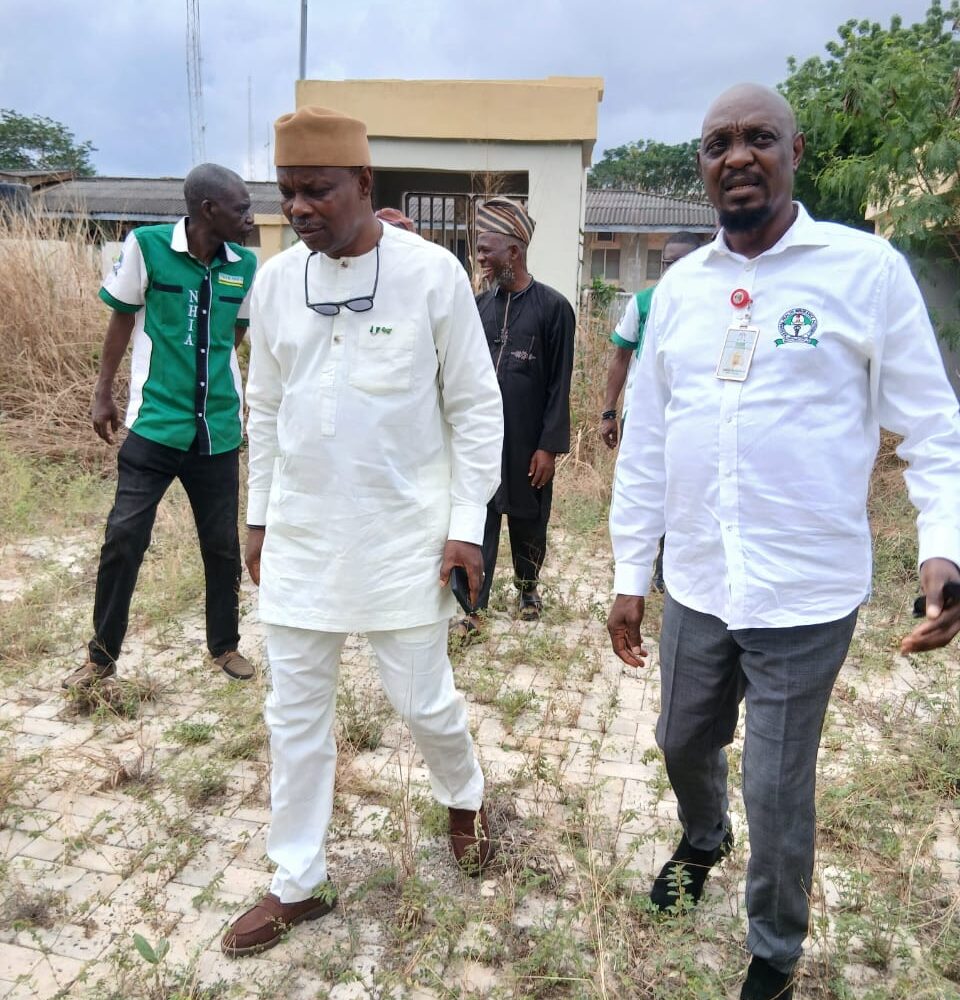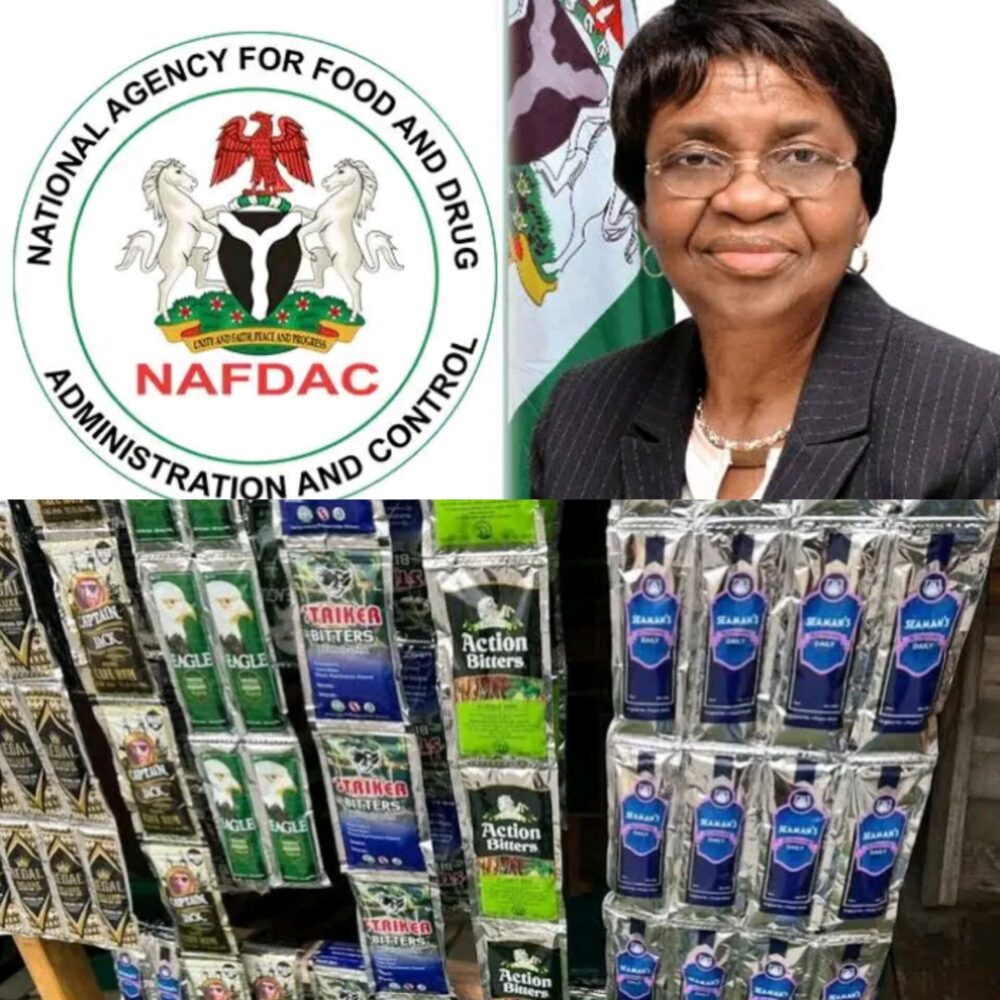By Chisom Juanita Mefor
On November 7, 2023, the Digital Health Interoperability Network (DHIN) hosted its maiden Connectathon, a groundbreaking event that brought together stakeholders from the public and private sectors to address the critical issue of fragmented patient records in Nigerian healthcare institutions.
The Theme of the event was “Unique Identifier for Management of Duplicate Cross-Institutional Health Records”.
Fragmented patient records are a major challenge in Nigeria, where patients often receive care from multiple providers, making it difficult for providers to access a patient’s complete medical history, which can lead to misdiagnosis, duplicate testing, and other errors. The DHIN Connectathon was a significant step towards addressing this challenge.

The event focused on demonstrating how patient-level and aggregate data can be seamlessly linked across diverse institutions and digital platforms. This was also a significant step to help to build the capacity of software developers and implementers to support standardized linkage of Point of Care (PoC) and Shared Services as a foundational infrastructure for conformance testing and interoperability.
Day One of the Connectathon, featured an impressive showcase of FHIR-based data sharing, with an emphasis placed on utilizing Nigeria’s National Identification Number (NIN) as a vital identifier in real-world healthcare scenarios. This demonstration by 9 participating organizations highlighted the transformative potential of cross-institution and cross-platform data sharing, reflecting a growing recognition that unique identifiers are essential for addressing the challenge of fragmented patient records.
Each organization contributed valuable insights and expertise, collectively illustrating how the adoption of FHIR standards and the integration of NIN can significantly enhance the interoperability and efficiency of healthcare systems across diverse institutions and digital platforms.
Day Two, the main event held Week, at the Sandralia Hotel in Abuja, saw participation from leading health and IT organizations such as WHO, UNICEF, USAID, World Bank, GIZ, Standards Organization og Nigeria, Federal Ministry of Health, FCT Public Health Department, NHIA, IHVN, NITDA, NIMC, eHealth Africa, Clinton Health Access Foundation (CHAI), EHA Clinics, Jhpiego, Palladium, FINDDx, Federal Ministry of Communications, Innovation and Digital Economy and the National Technical /Mirror Committee on ISO TC215-Health Informatics amongst many others.
The speakers discussed on topics ranging from the state of ID systems in Nigeria to the role of AI in information sharing, Identifier use cases in a large-scale EMR deployment and the current state of EMR/EHR deployments. Grahame Grieve, considered one of the Fathers of HL7 FHIR, a renowned healthcare data standards and interoperability expert delivered a keynote address, providing valuable insights into the future of digital health interoperability.
Day Three concluded with the Judges update of demonstration results and the release of the DHIN Connectathon position paper that outlined essential recommendations to enhance digital health interoperability in Nigeria such as: NIMC Offline Multi-Level Authentication, Transparency in NIMC API Use Criteria, Encouraging Local EMR/EHR Vendors, Medication FHIR Resource Codeable Concept, Incentivizing FHIR Adoption amongst many others.
In conversations with correspondents, the co-conveners and other stakeholders underscored the paramount role of collaboration among states and federal ministries of health, healthcare providers, ID experts, digital health software developers, EMR vendors, and others.
They emphasized that this collaboration is essential for implementing the recommendations from the Connectathon and creating a digitally connected future in the Nigerian healthcare ecosystem.




